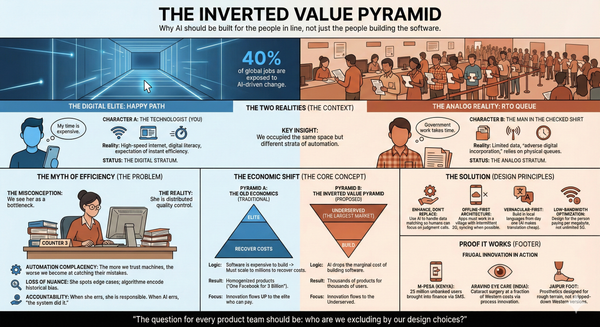Characteristics of Evolving Enterprises
Nicole Dunlop, Jadwiga Indulska and Kerry Raymond of the School of Computer Science and Electrical Engineering, University of Queensland, Australia have written a paper titled Dynamic Policy Management for Large Evolving Enterprises in which we found an interesting set of characteristcs of evolving enterprises :
- Scalability
Due to the continually varying nature of the market within which enterprise operates, it is imperative that systems be scalable. Scalability refers to the ease with which a system can adapt to and accommodate increasingly complex requirements without the need for substantial changes to system structure or application algorithms.
Some factors which have a direct impact on the level of scalability within distributed enterprise systems are, increasing user base, evolving and escalating functionality requirements, emerging distributed computing domains and heterogeneity of distributed computing domains.
Our vision about how to achieve this scalability in systems for evolving enterprises:
- Component based architecture – for making code scalable
- Object databases – for making the database scalable
- Agile Development – for making the process of evolution scalable
- Rate of Change
Evolving enterprises must be able to cope with the extraordinarily high rate of change ubiquitous in such environments. Including, merging distributed computing domains which often results in the introduction of new services and a need for heterogenous applications to co-operate.
Web services with with a open XML based common language spoken between distributed computing domains is the ideal approach
3. Trust
Trust is essential for the efficient operation of large, evolving enterprises. Communities within an enterprise frequently recognise common organisational objectives and the members of those communities must typically exhibit a level of qualification, experience and responsibility in order to be included within the community. It is therefore reasonable that we allow those members to operate with a degree of independence deemed appropriate to their level of qualification and the nature of the actions they are performing in order to ensure efficient interactions within the enterprise.
This is a pivot for the issue covered by the rest of the paper – how to determine policies in distributed computing environments so as to support dynamic roles, dynamic policies and the subsequent dynamic conflict analysis. Very interesting!




